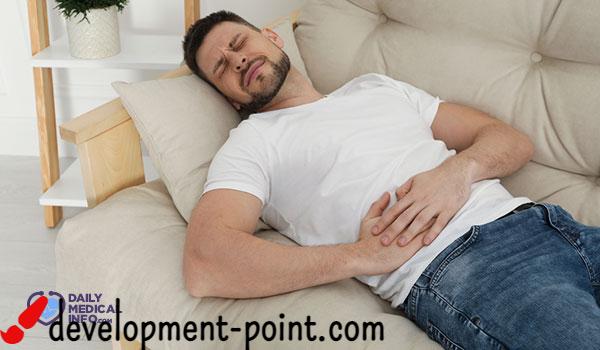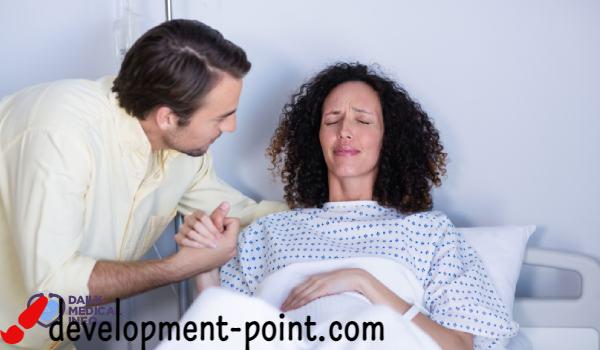Cystic acne causes and treatment
Cystic acne is a severe type of acne that occurs when the pores of the skin are clogged, causing infection and inflammation, especially when bacteria enter the pores, and in this article we will talk about the causes of this type, its symptoms and how to treat it.
Causes of cystic acne
There are a number of reasons that lead to the appearance of this type of acne, and we mention some of these reasons as follows:
- Bacteria, skin oils and dead skin cells mix inside the clogged pores.
- People with oily skin are more likely to develop this type of acne.
- Hormonal changes during adolescence, pregnancy, menstruation, or stress.
- Use of certain medications, such as hormone medications.
- Use of certain skin care products and lotions.
- Exposure to high humidity and increased sweating.
- Genetic factors.
- Wear tight clothing.
Symptoms of cystic acne
This type of acne appears in different places of the body, such as the back, neck, chin, chest and arms, and there are a number of symptoms that appear when infected with this type, including the following:
- A red lump under the skin.
- Feeling severe pain when touching these pills.
- The grain is filled with pus.
- The appearance of scales around the grain.
- exposure to wounds.
- The appearance of scars in the form of small or large pits in the skin.
Cystic acne treatment
There are a variety of treatments that help treat cystic acne, and we mention some of them as follows:
1. Antibiotics
Taking antibiotics orally helps in treating this type of acne, especially when infected with large-sized pills, by eliminating bacteria and infections that exacerbate symptoms, taking care not to take antibiotics for a long time and consulting a specialist doctor in case you do not its efficacy.
2. Ointment for cystic acne
Topical tretinoin ointment or cream is derived from vitamin A, and this treatment works to treat clogged hair follicles to treat this type of acne, and sometimes this treatment is used in the form of injections combined with an antibiotic, which increases the effectiveness of the treatment.
3. Isotretinoin
Isotretinoin pills are extracted from vitamin A, and this treatment is considered one of the most effective medications for treating acne, but it should not be taken except after consulting a specialist, because it has many serious side effects, such as inflammation of the skin, muscle and joint pain, mood swings and bleeding with Urine and inflammatory bowel disease.
4. Contraceptives
Contraceptive medications are considered effective treatments for women who suffer from hormonal changes, but this treatment is cautioned to be taken only after consulting a doctor, and it is not taken in the case of pregnancy planning or when blood clots develop.
Cystic acne prevention
There are some tips that can be followed, to avoid getting this type of acne:
- Wash the face morning and evening using a medical soap appropriate for the type of skin, and lukewarm water.
- Use oil-free makeup that says non-comedogenic, as these products reduce clogged pores.
- Remove makeup before bed.
- Never touch the grain.
- Shower after excessive sweating.
- Reduce your intake of foods that are high in carbohydrates and sugars, such as pasta, white bread and rice.
- Avoid excessive exposure to the sun, and be sure to use sunscreen.
After identifying the causes of cystic acne, its symptoms and how to treat it, care must be taken to quickly consult a doctor when this type appears, because it causes the appearance of deep wounds and scars in the skin.

